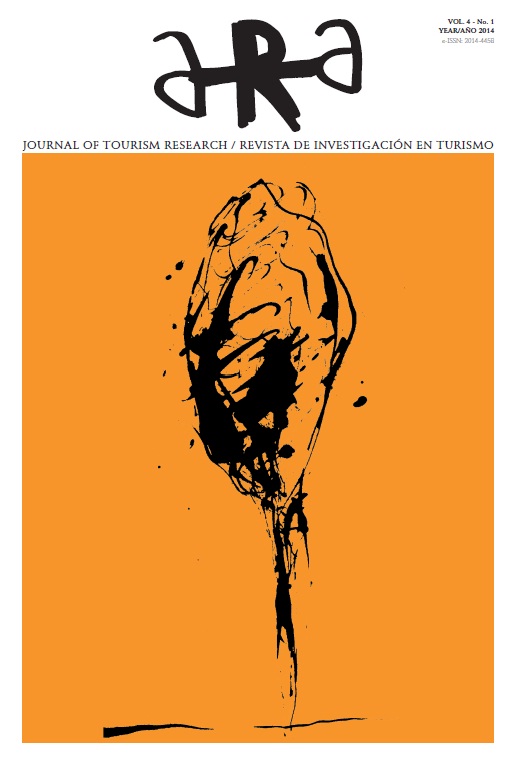Sustaining Ecotourism in Tanzania through Community
DOI:
https://doi.org/10.1344/ara.v4i1.19036Keywords:
community empowerment, education programmes, access to information, language, sustainable ecotourism, TanzaniaAbstract
This study explores the contribution of community empowerment to the sustainability of ecotourism in Tanzania using education programmes, access to information and language. Through the survey approach data was collected from Tanzania’s ecotourism stakeholders (N=250) in the eight selected regions of Dar es Salaam, Pwani, Morogoro, Tanga and Zanzibar (for the eastern tourism circuit) and Arusha, Kilimanjaro and Manyara (for the northern circuit) and thereafter a qualitative analysis was employed complemented by estimation of the multinomial logistic regression model. The findings show that tourism stakeholders lack sufficient knowledge on ecotourism conservation and preservation. Likewise community members have poor access to information due to insufficient ecotourism publications, tourist information centres, a reliable mechanism for communicating with stakeholders and the use of foreign languages in most of the publications. It is therefore the study’s recommendation that community members be empowered through being provided with adequate education programmes and access to relevant information and the use of a language that is understood by them in order to broaden their level of understanding, enhance their management skills and contribute significantly to ecotourism-related activities.Downloads
Published
2017-05-11
How to Cite
Pasape, L., Anderson, W., & Lindi, G. (2017). Sustaining Ecotourism in Tanzania through Community. Ara: Journal of Tourism Research, 4(1), 7–25. https://doi.org/10.1344/ara.v4i1.19036
Issue
Section
Articles
License
The authors who publish in ARA agree to the following terms:
- Authors retain copyright and grant the journal the right of first publication.
- Texts will be published under a Creative Commons Attribution License that allows others to share the work, provided they include an acknowledgement of the work’s authorship, its initial publication in this journal and the terms of the license.
- This material may not be used for commercial purposes.
- You may not distribute the modified material.
Attribution-NonCommercial-NoDerivatives 4.0 International (CC BY-NC-ND 4.0)














